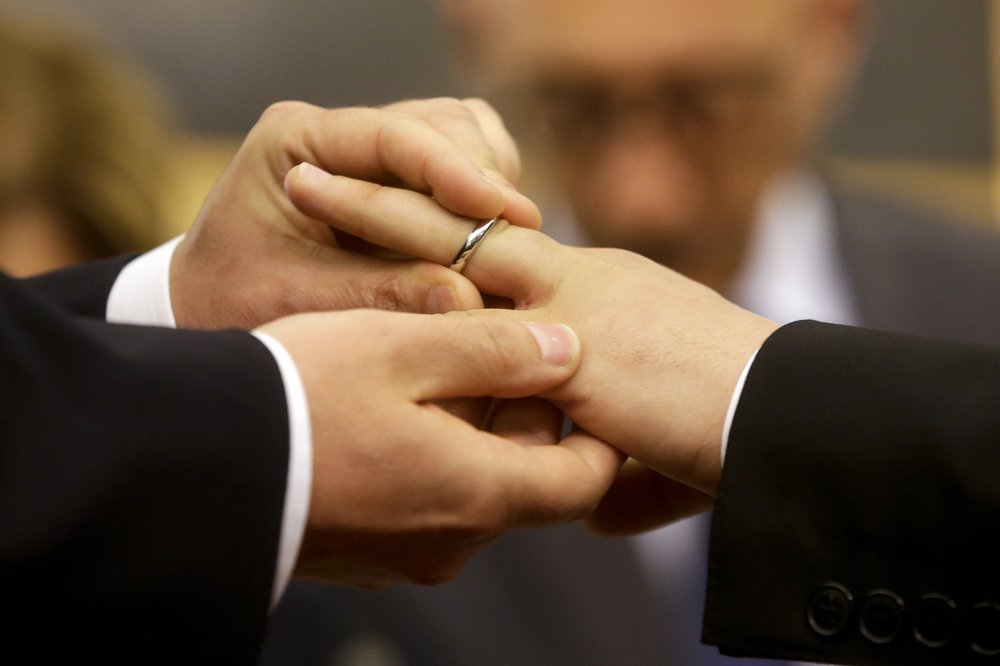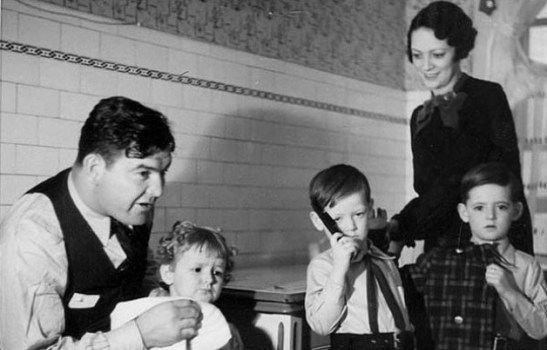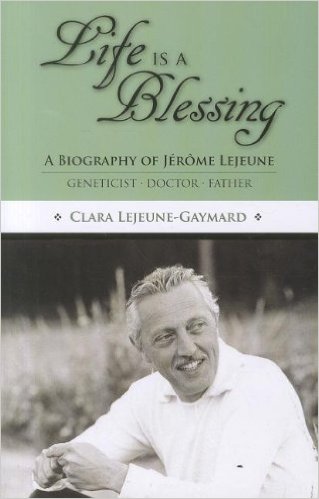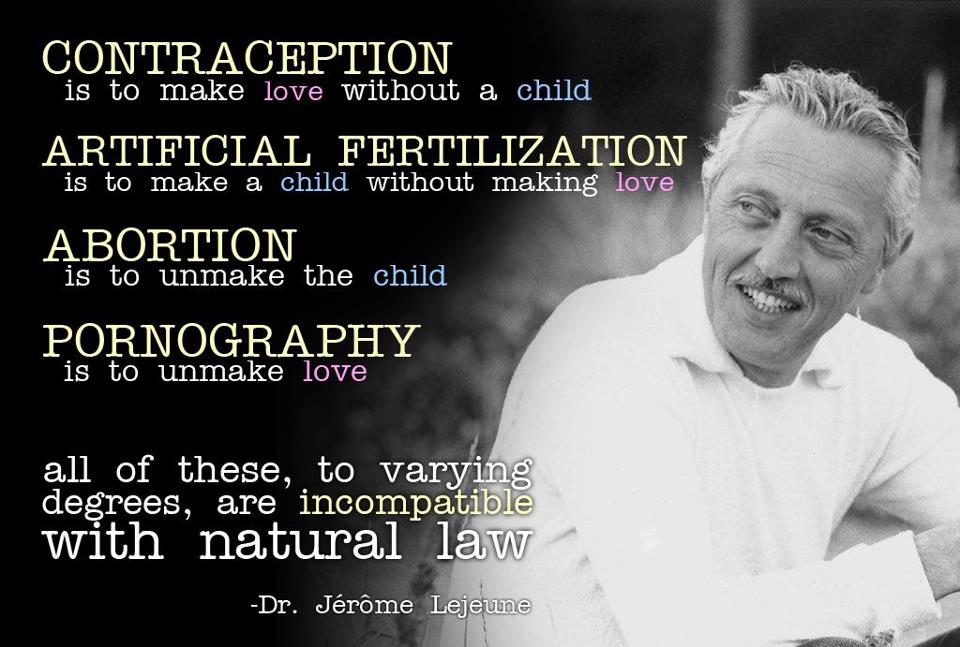

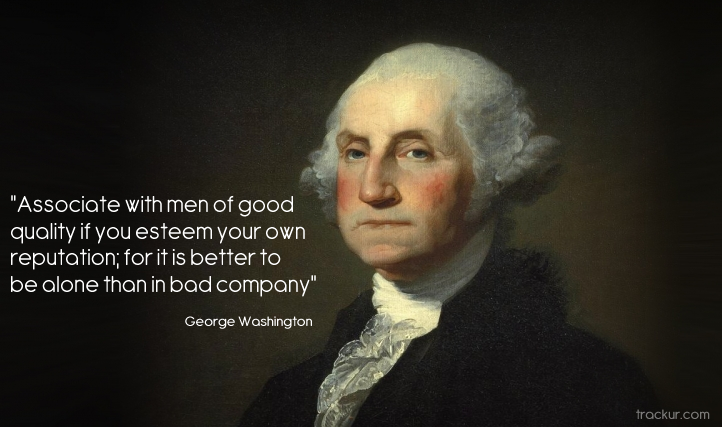
An oft quoted, favorite of mine:”Mejor solo/sola, que mal acompanado!!!” Trans: It is better to be alone, than to be badly accompanied!!!!! 🙂 I have also learned the wisdom of ALWAYS, when single, and when married, in general, of being open to new horizons, new adventures, new possibilities. Turn a corner, turn a page. Who wants to date a sourpuss?
If you are depending on your spouse to make you happy…uh, forget it!!! Your spouse is expecting, you are responsible for YOUR OWN happiness!!!! AND, for theirs!!!! Always have/has been. Always will be. Get on with/over it!!! Even when, maybe particularly when, married!!! Better be. 🙂 Your spouse, your children expect, demand, require it of you!! Cannot start the day without it!!!
Blessedly, this April, Kelly and I will celebrate nine years of BLISS!!!!!!!!!!! Ahem, and don’t worry, I’m being careful, but due to Kelly’s love, I don’t really have to be. 🙂 Bless you, woman. Bless you. May you NEVER sober up!!! 🙂 But, marriage, in reality does not, cannot be bliss. It’s lovely. I am grateful. I AM blessed!!! But, by definition, marriage CANNOT satisfy our EVERY longing!!!! St Augustine, Confessions, Book 1, Chapter 1:2.
-from http://www.desiringgod.org/blog/posts/nine-lies-in-the-not-yet-married-life
-by Marshal Segal
Tomorrow is Valentine’s Day, perhaps one of the more polarizing holidays of our year. It’s very fun and exciting for the love birds, too commercial and insincere for the skeptics, and sometimes especially lonely for the single.
Singleness’s greatest sorrows are secretly reinforced every February in the souls of the not-yet-married still waiting for their wedding day. While many of our friends and family are inundated with dates, flowers, chocolate, and love notes, lots and lots of the valentine-less are overwhelmed with everything from impatience to bitterness, from shame to regret to confusion.
There will likely be good-intentioned, lovingly-naive husbands and wives who forget the emotional complexities of unwanted singleness and enthusiastically encourage you to just enjoy this season of “dating Jesus.” Yes, Jesus is our only hope and cure, but it won’t be in some hopelessly romantic, chocolate-covered, neatly-wrapped way. The truth is that the unfulfilled desire for a companion and lover, especially year after year, much more often feels like the grief and bondage of joblessness or infertility than the uninhibited emotional and devotional freedom many imagine. “It is not good for man to be alone.”
The Full and Fruitful Single Life
We want our lives to be full and fruitful. We want to experience all God has made and given us as much as possible, and we want our experience in this short life to really count for his glory and the good of others. Sadly too often in our not-yet-married lives, we’ve made marriage a qualification for that kind of happiness and significance. There’ve been days — a lot of days — when I really couldn’t imagine a full and fruitful life without a wife.
But as much as God loves marriage, he didn’t design it to bear the burden of our eternal purpose and happiness. From the beginning, it’s been a means of experiencing and expressing a far greater union — union with God, through his Son, by his Spirit. Paul says the key to experiencing the freedom purchased for us at the cross is walking in the newness of the Spirit (Galatians 5:16), turning away from the desires of the flesh and filling ourselves with new fruits — love, peace, joy, patience, kindness, goodness, faithfulness, gentleness, and self–control (Galatians 5:22). The free and full life is found in Christ and played out in Christ-likeness, summed up in these nine prizes of the Christian life.
Looking for Produce in the Right Aisle
Perhaps the greatest sorrow of the single life is that so many put off pursuing the produce of the Spirit until they get married. We foolishly think finding love will mysteriously unlock these fruits in our lives. It’s true that marriage very often brings sanctification, but the testimony of many is that marriage is more diagnosis than prescription (Ed. AMEN!!!) in our pursuit of holiness. Rather than unlocking fruits, it will more often (graciously) uncover flaws — flaws we will then trust God to cleanse and correct.
In reality, none of the fruits of the Spirit are reserved for marriage. They’re the produce of conversion (our union with Christ), not of marriage (our union with a spouse). And fortunately for the not-yet-married, the union that matters most doesn’t require a license from your local county administrator. When we’re looking down the wedding aisle expecting a bride or groom to finally make us happy and fruitful, we’re looking for love, joy, and peace in the wrong places. God’s already given his Spirit — and all His fruits — to every person saved and satisfied in him — valentine or not.
Nine Fruits for Thought
Satan is the father of lies (John 8:44). And his most effective means of starving our not-yet-married lives of this soul-satisfying fruit are his lies. Lies about you. Lies about your past. Lies about marriage. Lies about your future spouse. Lies about your friends and family. And without a wife or husband, if we’re not careful, we might find ourselves with a lot more time to listen to him.
If we’re going to fight for fruitfulness, we need to hear the lies as lies and confront them with God’s invincible love for His children, which He has given us in the Truth of His Promises. So here are nine deceptions we singles need to defeat, each with a weapon from God’s word, holding joy for last. Whether you personally struggle with each or not, I hope every single promise equips every single person with a joy-filled hope and resolve to make much of Jesus in this not-yet-married life.
1. I’m selfish because I’m still single, and I don’t have anyone to care for my needs and feelings.
Sure, selfishness might be just as rampant in marriage — and certainly more on display — but the single life by nature caters to and cultivates it. Each day, you’ll make most of your decisions based on what you need and want, and no one will really know the difference. But as promising as self-centeredness and self-gratification might seem, love offers a better promise.
“Beloved, let us love one another, for love is from God, and whoever loves has been born of God and knows God” (1 John 4:7). The promise of love is the promise of God. Those who love meet more and more of the God Who IS Love (4:8). And this love and this God are available to the married and not-yet-married alike.
2. I’m anxious because I’m still single, and I don’t know if God will ever bring me a spouse.
There may be more intense anxieties among young people in our church than unfulfilled desires for marriage, but there also may not be a more prevalent one. Fears and grief over love, relationships, and marriage steal a lot of sleep and energy from our single people. Preoccupation and self-pity in our inadequacies promises to make us feel better, but it lacks any power to help. But God can give us real peace.
“Do not be anxious about anything, but in everything by prayer and supplication with thanksgiving let your requests be made known to God. And the peace of God, which surpasses all understanding, will guard your hearts and your minds in Christ Jesus” (Philippians 4:6–7). God has promised us peace in every circumstance and protection against every evil plotted against us. Whether you meet your future spouse this afternoon or live alone the rest of your life, God knows your needs, promises to provide, and really can give you a peace-filled rest and perspective at every point.
3. I’m impatient because I’m still single, and I’ve waited a long, long time to be married.
Amazon, Netflix, and smartphones have depreciated patience. It’s not really true, but instant gratification has gratified us enough to make us forget how priceless and beautiful patience really is. Do you appreciate patience in yourself or others? You won’t find it applauded much online and certainly not in most television today, so we’ll have to look in other (more reliable) places.
God promises through Paul, “To those who by patience in well-doing seek for glory and honor and immortality, he will give eternal life” (Romans 2:7). There are some things we can only have through patience. Glory. Honor. Immortality. God. No technology will ever speed up the process. And the muscles we need to wait well for God are built in our waiting for lesser things, like weddings. All of our waiting is worth it, if through it we get more and more of the one for whom our souls are all ultimately waiting.
4. I can be cold and indifferent toward others because I’m still single, and I have a hard enough time dealing with my own stuff.
Entitlement is one of the great dangers of singleness. It creeps into everything, but at its core it convinces us to focus exclusively on us — a kind of survival mentality — often at the expense of others. As entitlement and self-preoccupation grow and invade our hearts, we become less interested in and compassionate toward others. But the life-giving fruit of the Spirit is kindness — an attitude of friendly sympathy and generosity.
“Be kind to one another, tenderhearted, forgiving one another, as God in Christ forgave you” (Ephesians 4:32). The beautiful, liberating promise behind our kindness is the kindness of God to us in Christ. Those who put on Christ — and are found to be kind in him — have received kindness from an almighty, holy God despite what they deserve. Jesus says, “Love your enemies, and do good, and lend, expecting nothing in return, and your reward will be great, and you will be sons of the Most High, for he is kind to the ungrateful and the evil” (Luke 6:35). We’re kind because that’s the kind of kids God keeps.
5. I don’t value virtue and integrity like I should because I’m still single. I’ll work on those things when I get married and have a family.
One excuse for procrastination in our pursuit of holiness is that single Christians are not yet accountable in the same ways as married Christians, as if we’re somehow less human. When we have wives or husbands or children that are affected by our attitudes and behaviors, then it will really matter who we are and how we act. When a man and woman get married, they do become one, but not more fully one than a single believer. Each and every Spirit-filled child of God is accountable to God regardless of our marital status (Romans 14:12). And each and every Spirit-filled child of God has access to the blessings of God-wrought goodness in this life.
“Blessed are those who hunger and thirst for righteousness, for they shall be satisfied. . . . Blessed are the pure in heart, for they shall see God” (Matthew 5:6, 8). Blessed — happy — are single men and women who love and pursue goodness and virtue and integrity. And the blessing comes right now in your not-yet-married, not-yet-perfect pursuit of God and his righteousness.
“His divine power has granted to us all things that pertain to life and godliness, through the knowledge of him who called us to his own glory and excellence, by which he has granted to us his precious and very great promises, so that through them you may become partakers of the divine nature, having escaped from the corruption that is in the world because of sinful desire. For this very reason, make every effort to supplement your faith with virtue” (2 Peter 1:3–5). With the very power of God on your side, supplement your faith and singleness with goodness.
6. I’m flakey and unreliable because I’m still single, and you can’t expect single people to make or keep commitments.
At our worst, some of us really love this about singleness. Those who haven’t settled down feel the freedom to move from one thing to the next, to leave old responsibilities and obligations for fresh new things. It could be a new job or church or relationship or even city. People put off marriage to avoid commitment and keep their felt freedom. But as free as flakiness feels, the Bible teaches us to love faithfulness, devotion, and fidelity in every stage of life.
“Therefore, my beloved brothers, be steadfast, immovable, always abounding in the work of the Lord, knowing that in the Lord your labor is not in vain” (1 Corinthians 15:58). When life, work, relationships, or ministry becomes hard, inconvenient, or mundane, our consistent, selfless investments in those around us reveal our faith in God’s exciting, unfailing work. When it seems on the outside like it might not be worth it, we rest, work, and stay knowing every sacrifice in this life for the sake of Christ is never in vain.
In the Spirit, against the patterns of the twenty-somethings around us, we can set aside our selfish and impulsive ambitions in order to be faithful members of a local church, engaged in long-term ministry to our community, and slow to walk away from God’s work, however hard and uncelebrated it might be. And we rejoice in this kind of endurance, because, “endurance produces character, and character produces hope, and hope does not put us to shame, because God’s love has been poured into our hearts through the Holy Spirit who has been given to us” (Romans 5:3–5).
7. I’m harsh with others because I’m still single, and they don’t understand how hard I have it.
Our responses to being harmed say a lot about the state of our heart. How do you react to people who misunderstand, overlook, or minimize the pain of your not-yet-marriedness? Though good-intentioned, they unwittingly offend you with their advice, questions, or indifference. You feel justified in your anger, expressed in an insensitive word or violent, bitter thought toward them. But God rewards gentleness in the face of offense.
He encourages us and our teachers to patiently endure evil, “correcting opponents with gentleness. God may perhaps grant them repentance leading to a knowledge of the truth, and they may come to their senses and escape from the snare of the devil, after being captured by him to do his will” (2 Timothy 2:25–26). Ultimately, God corrects and directs hearts. We’re not called to inflict judgment on one another, but to clothe ourselves in the grace and gentleness with which God has shown us. You might be right to be offended, but you will not solve it with a second offense. God calls us instead to gentleness, and promises to do the harder work of redemption and retaliation for us.
8. I’m undisciplined and keep sinning because I’m still single. The freedom feels good and no one knows, cares, or is affected by my behavior.
There’s no unchecked life like the single life. It can be very easy to live wildly and unwisely when we live in isolation. Our flesh wants us to eat more of this, drink more of that, buy more of this, and watch more of that. None of these things is necessarily bad by nature, but our unchecked sinful cravings will eventually lead us into more sin and idolatry. Enjoying all God has created as God intended will require self-control — saying no enough to show we enjoy him more than any of his gifts. And the rewards of restraint in this life are absolutely worth it.
“Every athlete exercises self-control in all things. They do it to receive a perishable wreath, but we an imperishable” (1 Corinthians 9:25). When we forsake food, drink, television, sports, shopping, websites, anything in this life for the sake of having and enjoying Christ, we take another step toward an infinite, imperishable inheritance kept in heaven for us (1 Peter 1:4; Matthew 6:20).
Marriage can offer the up-close and personal accountability you might not have in your singleness. Self-control, though, is a fruit of the Spirit, not a spouse. Look to God for strength, “for it is God who works in you, both to will and to work for his good pleasure,” and your self-control (Philippians 2:13).
9. I’m depressed and miserable because I’m still single, and I won’t really be happy until I get married.
Any not-yet reality in our lives is accompanied with pain and longing. We don’t hear too many testimonies of the “happily not-yet-married,” at least not among Christians. Unwanted singleness can be very lonely, and loneliness can be very miserable. In those moments, the really compelling lie is that marriage will be the most satisfying solution. Sadly, looking to marriage and a spouse to fill the hole only God can fill will only leave you more depressed and hurt. God graciously gives us another answer for joy.
“You make known to me the path of life; in your presence there is fullness of joy; at your right hand are pleasures forevermore” (Psalm 16:11). In Jesus — the way, the truth, and the life — God has shown us the paths of life and happiness, and it’s not the path between the pews at your future wedding. It’s the scandalous marriage of a holy God to his chosen, sinful, and forgiven bride, the church. Jesus lived, died, and rose again for our joy — even in singleness. He said, “These things I have spoken to you, that my joy may be in you, and that your joy may be full” (John 15:11).
The seed of every other fruit of the Spirit is a deep, enduring satisfaction in Jesus. A lack of love communicates you treasure yourself more than Jesus and the people he purchased by his blood. Our anxiety tells God we’re not happily content to have him and his fatherly plan (and timing) for our lives. Impatience says the Jesus you already have is not enough. An inability to say no suggests you believe this food, purchase, or website will make you more happy than Jesus. But real joy in Jesus, through the gospel, will free you from the poisonous fruit of sin.
Can Singleness Separate Us from the Love of God?
What can separate us from the love of God? “Shall tribulation, or distress, or persecution, or famine, or nakedness, or danger, or sword?” (Romans 8:35). Shall singleness? “No, in all these things we are more than conquerors through Him who loved us” (8:37). Nothing — certainly not our marital status — can keep us from receiving and fulfilling all that God has become for us in Jesus. His favor already rests on you. His power is at work in you. His word will lead you. His grace is able to sustain you. God really can satisfy you and make you very, very fruitful right now. Yes, even single you.
As it appeals to our desires for love and marriage, it can have the deceiving power to divert our attention and priorities from God’s plan and perspective. We know, though, that “the flower fades” — every single rose — “but the word of our God will stand forever” (Isaiah 40:8). Step back and be amazed how short Valentine’s Day, marriage, and even our lives really are by comparison to the glory of eternity. Know that they will all pass away in an instant and pale in beauty, worth, and happiness before an eternity with our Savior — an eternity we taste today in the fruits of his Spirit.
Love, joy, peace, & happiness, always,
Matthew


